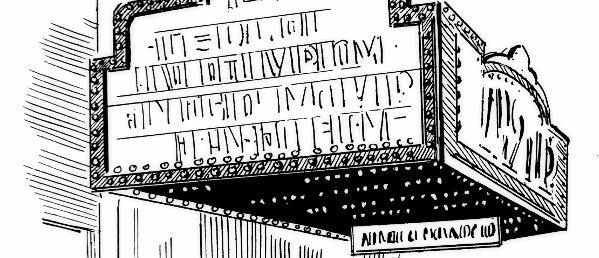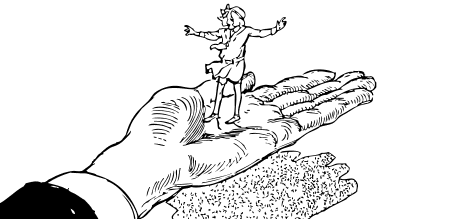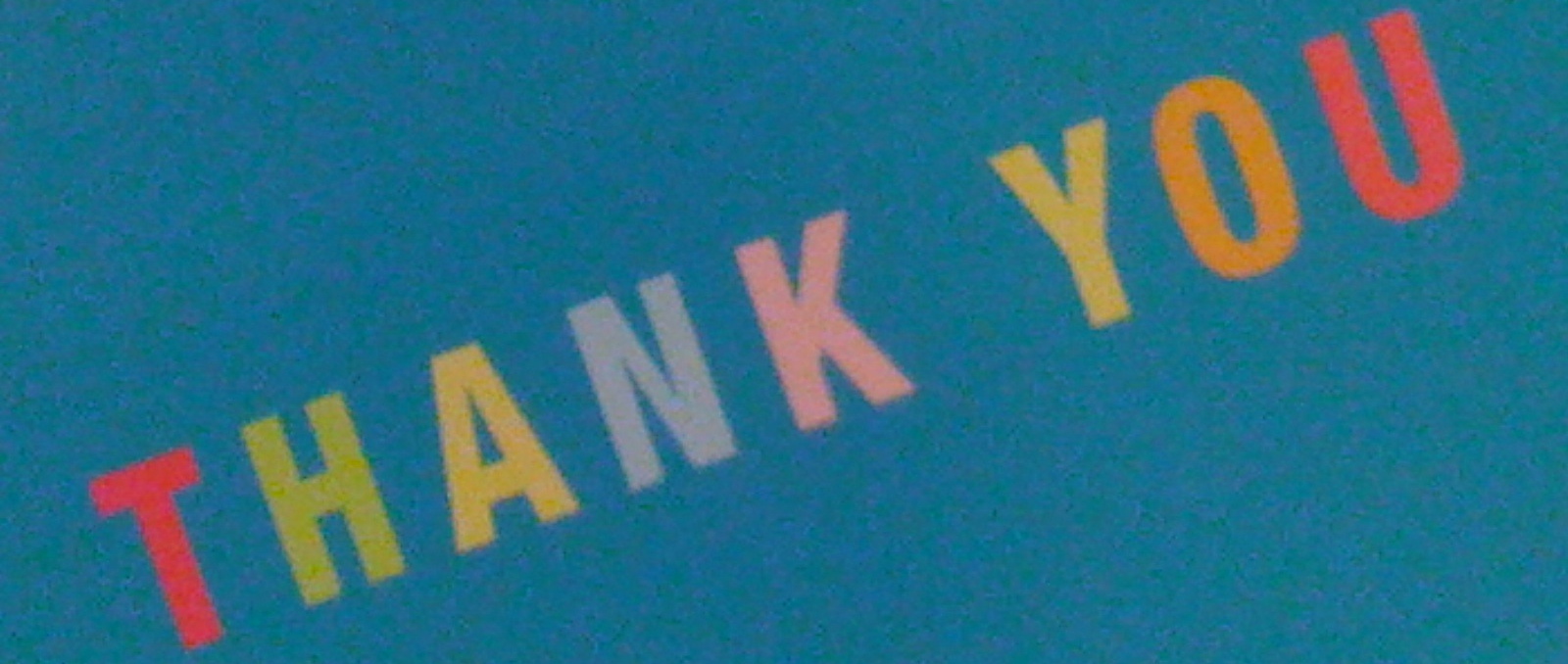Podcast: Play in new window | Download
Subscribe:
TURN YOUR PODCAST INTO A CONVERSATION
PTC EPISODE 030
Let’s have a conversation. People want to feel part of the discussion and not like they are sitting in a lecture. How do you create that atmosphere on your podcast?
1. Talk to me, not at me
2. Treat your audience as an audience of one
3. Let your listener live vicariously through you
4. Use your regular voice
5. Do everything in your own style
Talk To Me, Not At Me
When you are podcasting, talk “to” your listener. Don’t talk “at” her. You are not announcing. You are having a personal conversation and building a relationship.
Podcasting is an intimate conversation with one person. The conversation is typically one person speaking into a microphone addressing another single individual. There may sometimes be hundreds of thousands of people listening. However, they are all listening by themselves. Even in an automobile with others listening via communal speakers, the members of the audience are listening by themselves in their own head. Each listener is developing their own unique, mental images.
Have a conversation directly with that individual. Put your listener in the moment. Avoid addressing the group. Instead of using “hello everyone”, use “hi, how are you?” Make her feel like you are talking directly to her. It will make your podcast relationship much stronger.
Audience Of One
As you are creating your podcast, treat your audience like you are talking to each person individually. This is critical when creating a trusting relationship with your audience.
I hear many shows address their audience as a group with comments like “hello everyone” or “hey guys”. Each person in your audience is listening to you as an individual. Audio is a very personal medium. Many times, they are listening with headphones. It is just you and her. Talk to her just like that.
Addressing a crowd on the radio began when radio began. As radio was just being created, station owners needed content to broadcast. Radio programming began with rebroadcasting live, theater events. The person on the stage would address the crowd as “ladies and gentleman”.
As radio progressed, live audiences were eliminated. However, people on the radio continued to address the audience as a group. It was fitting. The family still gathered around the radio before television was introduced to the family room. An on-air personality could address the audience as a group and be justified in doing so.
Radio then became a personal medium. The television replaced the radio as family entertainment. In-car and headphones became the preferred method of radio listening. Each listener was now creating images and visions in his or her own head that were unique to their imagination. Their thoughts were different from those of any other listener. The conversation was now between the person on the air and the individual listening.
Unfortunately, radio personalities continued to address the listener as a group. ”It has always been done this way.” The disconnect began.
Podcasts are even more individualistic than radio. Most people select a podcast because of their own tastes. Groupthink does not play a factor as it would to select a movie or television show for the family. It is one person listening on their own to a show that interests them.
If you are talking to your listener as if they are in a group, using plural terms like everyone and you guys and you all, your listener will wonder who you are addressing. They will think, “You guys? I’m listening by myself. Who are you talking to?” In the end, they will not follow your call-to-action, because they will think someone else in your “group” will handle it. Talk to an audience of one and build that relationship with each listener individually.
Nobody like to be lectured to. Data and facts get dull & boring. Engage by being conversational. Tell stories. This is a converstaion, not a lecture
Vicarious
Can I Be You?
Vicarious. Voyerism. Eavesdropping.
Those are three main reasons people listen to your podcast. Tell stories to help fulfill those desires.
People dream about having a different (and usually better) life. They want to experience those things others are experiencing. The grass always seems greener on the other side of the fence. People crave living the lives of others.
Your listeners want to live vicariously through you. They want to experience your success. They wish they had the courage to do the things you have done. Your fans want to be you in some way or another.
Voyerism is a reason many people watch the shows they watch, listen to the stories they hear, or read the books they read. They want to experience the lives of others.
People eavesdrop on the conversations of others for the very same reasons. They can experience the life of others without the risk of faliure. Eavesdropping doesn’t take the courage that it takes to actually live the life.
By telling great stories about your experiences, you help your audience fulfill the desire to live vicariously through you. If your show contains audio of your feats and experiences, you allow your audience to become the voyers they desire. When you interview people on your show, you allow your listener to eavesdrop on your conversation.
When you simply lecture as the content of your show, you fail to help your listener experience any of those three desires. Find new ways to deliver your material to your audience. You will make those important connections that turn into friendships. Those relationships will foster loyalty to your show. Your tribe will follow you wherever you go. That’s a powerful thing.
Tell stories of self-revelation. See where it takes you. You’ll be surprised how many people wish they could be you.
Use Your Regular Voice
The scoop is that fake announcer voice that you hear quite often. It’s like a slow start with a gradual build.
“Wwwwweeeelllllcome to the big show.”
It sounds like your voice is going up and down as if it is on a yo-yo.
Real people don’t talk like that. You are trying to build trusting relationships with your audience. You want to sound real and authentic.
When you sound like a supermarket announcer, you sound fake. Your listeners will find it hard to trust you, because they know that isn’t really you. The audio they are hearing sounds like a character you are portraying.
Don’t let your voice bounce like a ball. You can be excited and enthusiastic. You can also be real and natural at the same time. Just be yourself.
When the inflection of your voice bounces up and down, you will find it difficult to truly engage your listener. Be real. Avoid the scoop.
Create Everything In Your Style
Create everything you do in your own style. You can only stand out among all other shows when you create your own unique style. You must then make sure everything you do is consistent with that style.
Many new broadcasters try to emulate the style of their hero or mentor. They attempt to imitate the styles they hear from other broadcasters. Unfortunately, copying doesn’t create a unique style. Copying typically creates a watered-down version of some other style. When creating your content, be yourself and find your own style.
Some of the greatest broadcasters didn’t start the ascension to the top until they abandoned the attempts to broadcast in the style they thought others desired and began being true to themselves.
Oprah Winfrey quit trying to be a traditional news anchor. She also quit doing the typical tabloid, daytime talk show. When she began to create the show she always desired, she went to the top of the game.
Howard Stern began as a radio DJ sounding like every other radio DJ. He was playing the records and spouting the lines written by management while going nowhere. When Stern decided he was going to do radio his way, he began to make a name for himself. He also went to the top.
Rush Limbaugh followed a very similar path. He had a cheesy radio name. He followed the format designed by somebody else. Limbaugh made every attempt to fulfill the typical radio DJ stereotype. He also got fired again and again. When he decided to broadcast in his style and true to his beliefs, he began his rise to the top.
Adam Corolla made his climb when he took full control over his style and show. He was climbing the DJ ladder in Los Angeles. Corolla had some decent television work. He then decided to create his own show in his own style via podcast. That began his rise as one of the biggest podcasters in the world.
All of these broadcasters made the decision to stop copying others. They all created shows that were true to their style.
They each also stay true to their style in everything they do. You will never hear Rush sound like Howard. You’ll never mistake something Oprah says as something Adam might say. Being true to their style isn’t something that takes conscious effort. It comes easy to each of them, because it is true to who they are as people.
Be true to yourself. It will make it easy to create everything you do in your style.
I’d love to help you with your podcast. E-mail any questions or comments you might have to Coach@PodcastTalentCoach.com.
You can also find tools to help you create great content at www.PodcastTalentCoach.com.
Let’s turn your information into engaging entertainment.







































